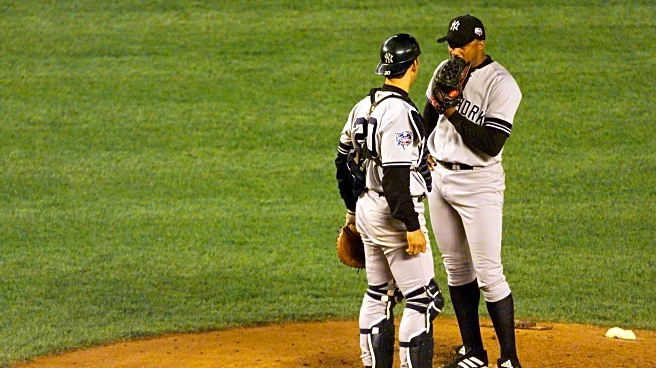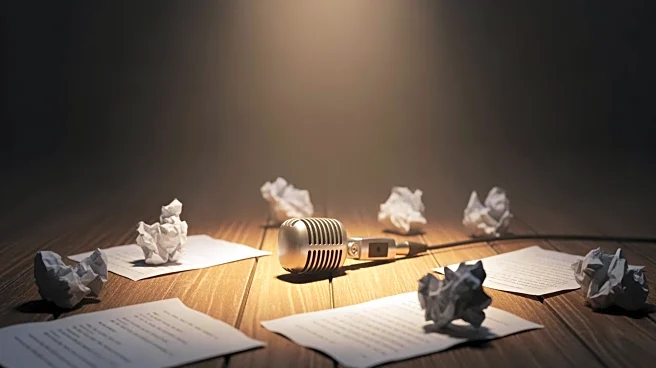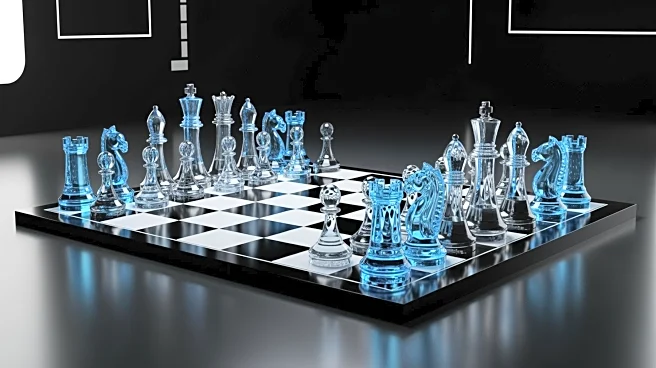As the World Series moved across town, the Yankees had the Mets flat on the mat. They’d won a pair of thrillers, outlasting the Mets with a walk-off in Game 1 before holding on for dear life in a memorable Game 2. With a 2-0 lead in hand, they took the train to Queens with an aura of inevitability, having won 14 consecutive World Series games, an unprecedented feat in championship play across American professional sports. The streak included the last four games of the 1996 Fall Classic and then sweeps
in ‘98 and ‘99 before the first two Subway Series contest.
To top it all off? They were sending Orlando Hernández to the mound. Although El Duque hadn’t had his finest year, Hernandez in the postseason meant one thing for the Yankees: victory. He’d appeared in 10 playoff games with the Yankees, and they’d won all ten, including four in the lead-up to this series alone.
It was no surprise, then, that Hernández turned in a great start. The real surprise? Despite having some of his best stuff, Hernández lost.
October 24: Yankees 2, Mets 4 (box score)
Record: Yankees lead World Series 2-1 (96-77 overall)
Opposing Hernández was right-hander Rick Reed, the 33-year-old veteran having turned in a fine 2000 campaign, 11-5 with a 4.11 ERA in 29 appearances. Both Reed and El Duque looked sharp in the early stages, taking advantage of a generous zone from home plate ump Jeff Kellogg. Reed used his tailing two-seam fastball to strike out both Derek Jeter and Bernie Williams looking in the first, each pitch appearing to be off the plate.
But Hernández was a beneficiary as well. All six outs he recorded in the game’s first two frames came via strikeout, two of them looking. The only problem was Robin Ventura, who led off the second with a solo homer to put the Mets up 1-0:
Yet the Yankees responded as champions do, calmly and swiftly.
With two down in the third, Jeter jumped on a first-pitch breaking ball from Reed, lining a single to left. Next, in a 2-2 count, David Justice yanked his hands in on an inside fastball from Reed, pulling the ball down the line into the right-field corner. Jeter motored around third and beat the throw home, tying the game:
In the fourth, Tino Martinez led off with a single, and with one down, Paul O’Neill lined one into the right-center gap. Martinez strolled home, while O’Neill hustled into third with an RBI triple:
The mood in Shea Stadium seemed restless. The Yankees had effortlessly shrugged off an early deficit, sliding themselves back in front. They surely smelled blood in the water; a 3-0 series lead, and soon after a sweep, was in sight.
Hernández looked in control as the clock continued to tick on the Mets. He worked around a single in the third, then struck out a pair in the fourth. The Mets put two on in the fifth, but El Duque struck out Edgardo Alfonzo to end the inning, his ninth strikeout of the night.
The Mets struck back in the sixth, yet as the events played out, the Yankee still managed to come out of the frame with momentum on their side. Mike Piazza led off with a double, and after a walk to Ventura, Todd Zeile doubled to even the score at 2-2. After Hernández issued another walk, this to Benny Agabayani, to load the bases with none out, it was clear the Mets would not be satisfied with a tie game.
But that’s what they’d have to settle for. Hernández buckled down, striking out Jay Patyon and Mike Bordick. After getting Darryl Hamilton to ground out harmlessly to short, Hernández pumped both his fists in triumph. Disaster was averted, and we went to the game’s final stages all tied up.
Bobby Valentine went to his bullpen in the seventh, Turk Wendell striking out a pair before getting pulled after a walk in favor of Dennis Cook. Cook hit Justice with a pitch, but struck out Williams to escape the jam. In the home half, Hernández would work a 1-2-3 inning, giving him a clean seven innings of work, two runs allowed.
After the Yankees went down in the top of the eighth, Joe Torre held up one finger to Hernández: one more inning. Hernández had thrown nearly 120 pitches and was into the Mets lineup for a fourth time, but as Torre told reporters after the game, “He deserved the right to get a decision in this game. He was pumped, and with what he has done for us, it was tough for me to deny him what he wanted.”
Hernández fanned Ventura to open the bottom of the eighth, but Zeile singled up the middle with one down. Agbayani came to the plate, and in a 1-0 count, Hernández grooved a fastball, one that Agbayani roped into the gap in left-center. Zeile scored, and the Mets led 3-2. Torre still hung with Hernández, but after Jay Payton bounced an infield single to put runners on the corners with two down, Torre went and got his man.
Mike Stanton came in and gave up a sac fly to Bubba Trammell before striking out Kurt Abbott, ending the inning and putting a capper on El Duque’s line. Hernández was largely sensational, in full command his arsenal, his breaking pitches darting away from Mets bats. His 12 strikeouts over 7.1 innings was a franchise record in a World Series game.
And for the first time in his career, El Duque would lose in the playoffs. There was no miracle in the ninth, Justice popping up with one on and two down against Armando Benitez to give the Mets their first win of the World Series.
For one night, the Yankees’ invincibility was punctured. They’d at last lost a World Series game, with their unbeatable playoff ace on the mound. Torre had asked everything of Hernández, despite having another playoff legend in Mariano Rivera rested and waiting in the wings. Hernández was stellar but ran out of magic.
The Yankees led the World Series 2-1, still in control, but the Mets had proven to themselves and to the rest of the league that the Yankees were mortal. The stage was set for a pivotal Game 4 in Queens — one in which a future captain took center stage.
Read the full 2000 Yankees Diary series here.
















